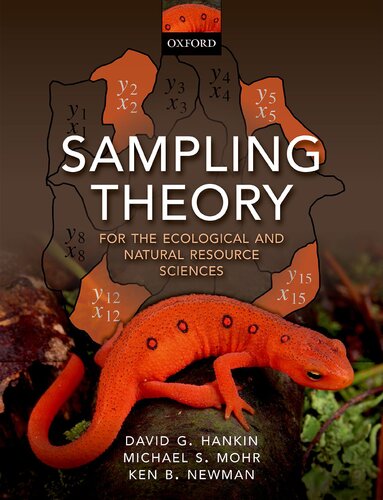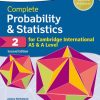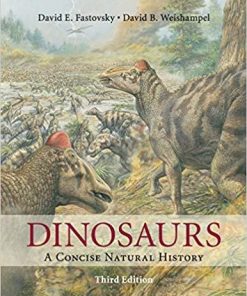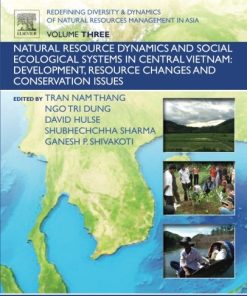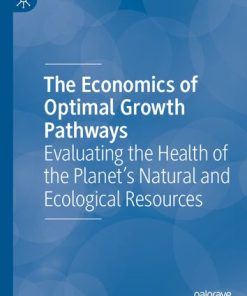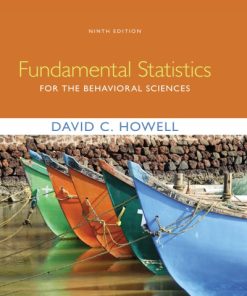Sampling Theory: For the Ecological and Natural Resource Sciences 1st Edition
$50.00 Original price was: $50.00.$25.00Current price is: $25.00.
Sampling Theory: For the Ecological and Natural Resource Sciences 1st Edition – Ebook Instant Download/Delivery ISBN(s): 9780198815792,0198815794,9780192547842, 0192547844
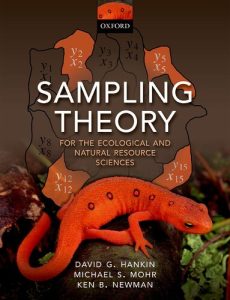
Product details:
- ISBN-10: 0192547844
- ISBN-13: 9780192547842
- Author: David G. Hankin, Michael S. Mohr, Kenneth B. Newman
Sampling theory considers how methods for selection of a subset of units from a finite population (a sample) affect the accuracy of estimates of descriptive population parameters (mean, total, proportion). Although a sound knowledge of sampling theory principles would seem essential for ecologists and natural resource scientists, the subject tends to be somewhat overlooked in contrast to other core statistical topics such as regression analysis, experimental design, and multivariate statistics. This introductory text aims to redress this imbalance by specifically targeting ecologists and resource scientists, and illustrating how sampling theory can be applied in a wide variety of resource contexts. The emphasis throughout is on design-based sampling from finite populations, but some attention is given to model-based prediction and sampling from infinite populations. Sampling Theory is an introductory textbook suitable for advanced undergraduates, graduate students, professional researchers, and practitioners in the fields of ecology, evolution, conservation biology, and natural resource sciences (including fisheries, wildlife, rangeland, ecology and forestry).
Table contents:
1 Introduction
2 Basic concepts
3 Equal probability sampling
4 Systematic sampling
5 Stratified sampling
6 Single-stage cluster sampling: Clusters of equal size
7 Ratio and regression estimation
8 Unequal probability sampling
9 Multi-stage sampling
10 Multi-phase sampling
11 Adaptive sampling
12 Spatially balanced sampling
13 Sampling through time
People also search:
domain sampling theory
discuss the basic laws of sampling theory
basics of sampling theory in machine learning
nyquist sampling theorem
define sampling theory
types of sampling theory
You may also like…
Business & Economics - Industries
Public Brainpower: Civil Society and Natural Resource Management 1st Edition Indra Overland
Earth Sciences - The Environment
Politics & Philosophy - Social Sciences
Engineering
Uncategorized


